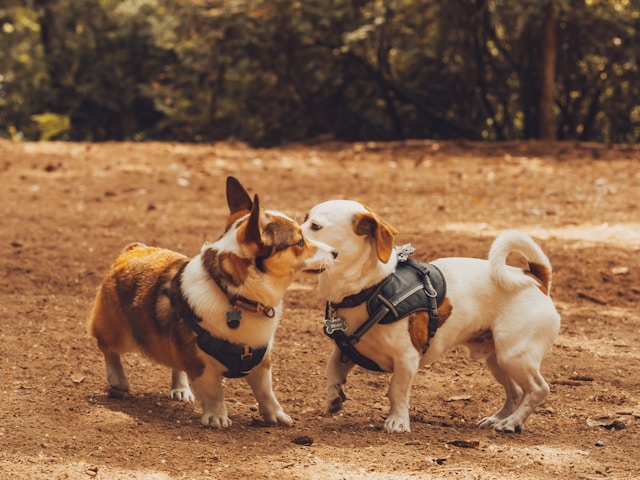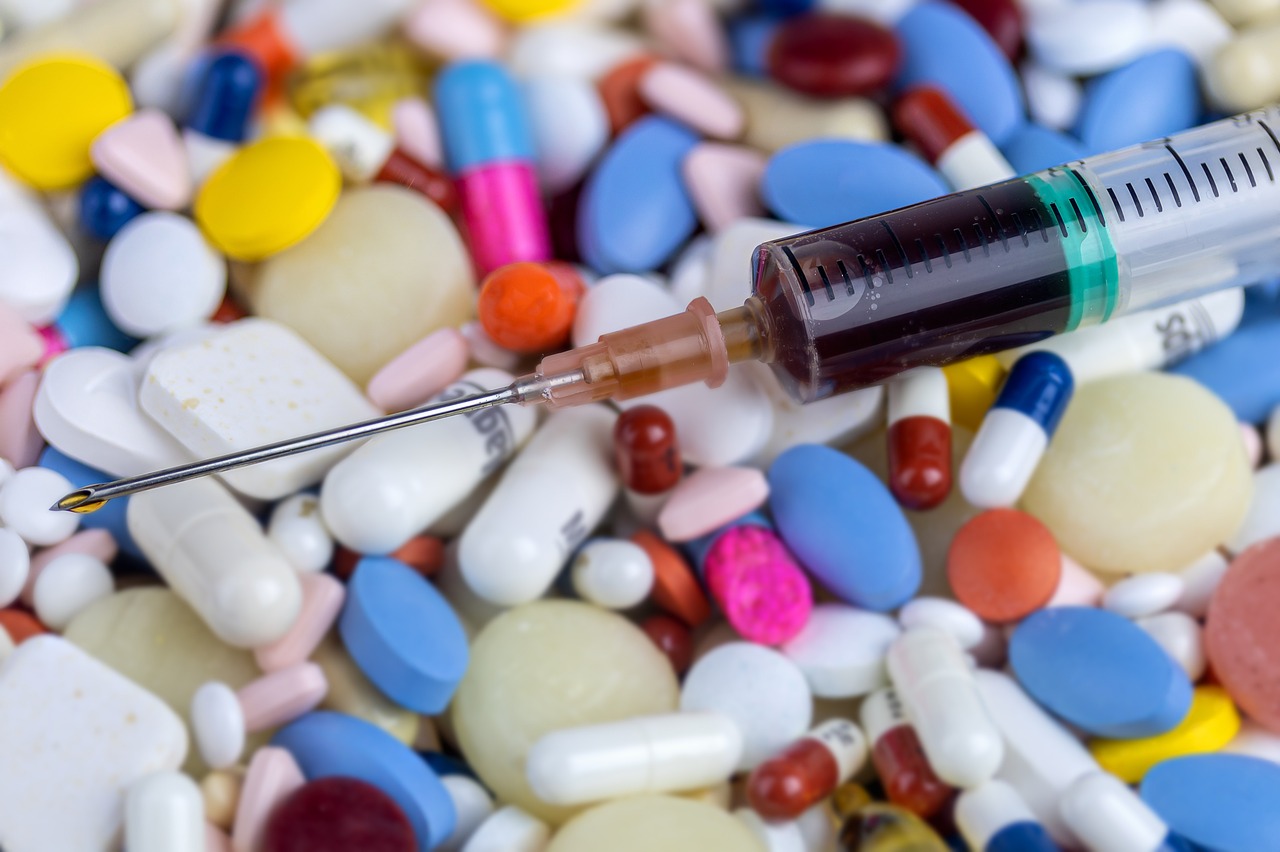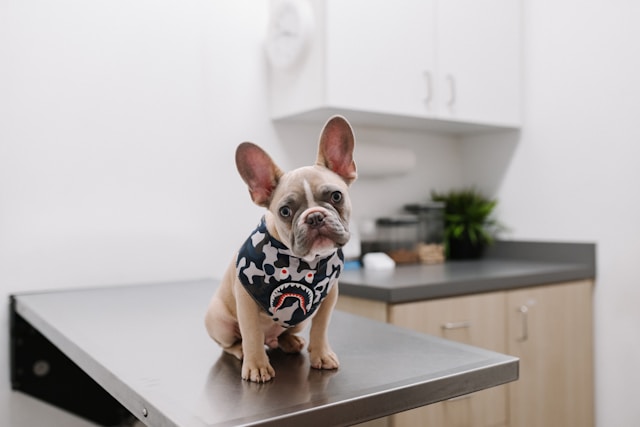Xylitol: A Hidden But Sweet Danger to Pets

Xylitol is a natural sugar substitute frequently found in toothpaste, mouthwash, sugarless gum, certain cough medicines, children's chewable multivitamins, and a range of nut butter (including peanut butter and sunflower butter; it's essential to check the brand's ingredients before feeding these to pets). It can also be purchased in bulk for home use in baking, coffee, smoothies, or any food where sugar might be added. Xylitol is commonly recommended for diabetics or individuals on a low-carbohydrate diet. While safe for humans, xylitol poses extreme risks to your dog.
The Dangers of Xylitol for Dogs
Xylitol's impact on dogs is swift and can be pretty severe. The signs of toxicity can manifest in as little as 30 minutes, according to the Pet Poison Helpline.
Even small quantities of xylitol ingestion result in the rapid release of insulin in dogs, leading to hypoglycemia (dangerously low blood sugar). Hypoglycemia causes vomiting, weakness, collapse, and, in some instances, seizures. Xylitol poisoning can even lead to liver failure. As little as two or three sticks of xylitol gum could be toxic to a 20-pound dog.
Here are some of the symptoms linked to xylitol poisoning:
-
Vomiting
-
Weakness
-
Ataxia (uncoordinated movements)
-
Seizures
-
Coma
-
Liver failure
How Prevalent is Xylitol Poisoning?
In recent years, the number of cases handled by animal poison control centers has significantly increased. Since 2009, the Pet Poison Helpline (PPH), a 24/7 animal poison control center, has dealt with over 20,000 cases involving xylitol or products containing xylitol. These numbers continue to rise each year. The PPH reports that 99% of these cases involve dogs, and 48% require referral to veterinarians for emergency care.
The increase in cases is likely attributed to the growing prevalence of human foods and products that contain xylitol. Some peanut butter brands, such as Nuts 'n More, Krush Nutrition, and P-28 Foods, have introduced xylitol, potentially leading pet owners to inadvertently poison their dogs while baking homemade treats using these specific brands. It's crucial to read product ingredients before making a purchase. If a product is labeled "sugar-free," "naturally sweetened," or "natural sweetener," make sure to check the ingredients for xylitol or its chemical classification, "sugar alcohol."
Products Containing Xylitol
-
Sugar-free chewing gum
-
Prescription medications in liquid or rapid-melt formulations (e.g., Neurontin®, Abilify®, Allegra®, Discmelt, Mobic®, RioMet®, clonazepam, Emtrivia®)
-
Over-the-counter liquid, chewable, or fast-dissolve/rapid-melt medications (e.g., melatonin fast-dissolve tablets, Allegra® Oral suspension)
-
Over-the-counter digestive aids (Beano®, select chewable antacids)
-
Dental/oral care products for humans, including dry mouth sprays
-
Nasal sprays
-
Nicotine chewing gum
-
Stool softeners
-
Barium liquid and pudding
-
Sugar-free Jell-O® pudding
-
Energy drinks
-
Peanut butter and other nut butter
-
Personal care products such as deodorant, shaving cream, and personal lubricants
Preventing Xylitol Poisoning
Always bear in mind that certain foods are not suitable for our pets. If you are still determining the ingredients of a specific food, avoid feeding it to your pet. If you often purchase gum and food labeled "sugar-free," do not leave these items where your pet can access them. Applying common-sense safety measures with your food items can save you and your pet from significant distress.
How Veterinarians Detect Xylitol Poisoning in Dogs
If you witness your dog consuming a product containing xylitol or suspect such ingestion, it's imperative to transport your pet to a nearby veterinary emergency hospital promptly.
Upon arrival, the veterinarian will request a comprehensive account of the incident. It's highly beneficial to provide any available packaging from the ingested product. To confirm xylitol poisoning, the vet will conduct a thorough physical examination, focusing on your dog's mental and neurological condition.
A complete blood count, serum blood chemistry analysis, and urinalysis will likely be recommended for an initial assessment. This includes monitoring your dog's blood sugar levels and baseline liver values, which will be scrutinized for the subsequent 72 hours to ensure no liver impairment.
Treatment for Xylitol Poisoning in Dogs
Swift intervention is essential when dealing with xylitol poisoning in dogs.
If your dog isn't exhibiting poisoning symptoms and the ingestion occurred within six hours, the vet may induce vomiting.
Following that, efforts will be made to maintain your dog's blood sugar within the normal range. This might involve administering intravenous fluids supplemented with dextrose. Your dog may need overnight hospitalization for observation, with continual monitoring of blood sugar levels. Additionally, a liver protectant medication may be prescribed.
Recovery and Care for Xylitol Poisoning in Dogs
Timely detection and aggressive intervention are critical when addressing xylitol poisoning in dogs. Hypoglycemia can lead to seizures and coma, while severe liver damage may result in liver failure. Generally, the prognosis is quite favorable for dogs experiencing only hypoglycemia, provided they receive prompt treatment after ingesting xylitol.
Most dogs are admitted for observation lasting 12 to 24 hours. Subsequent blood tests will monitor liver values for up to 72 hours following xylitol ingestion. If the liver values remain within the normal range at that point, there should be no long-term consequences.
Get insurance plans with wide-ranging coverage options













